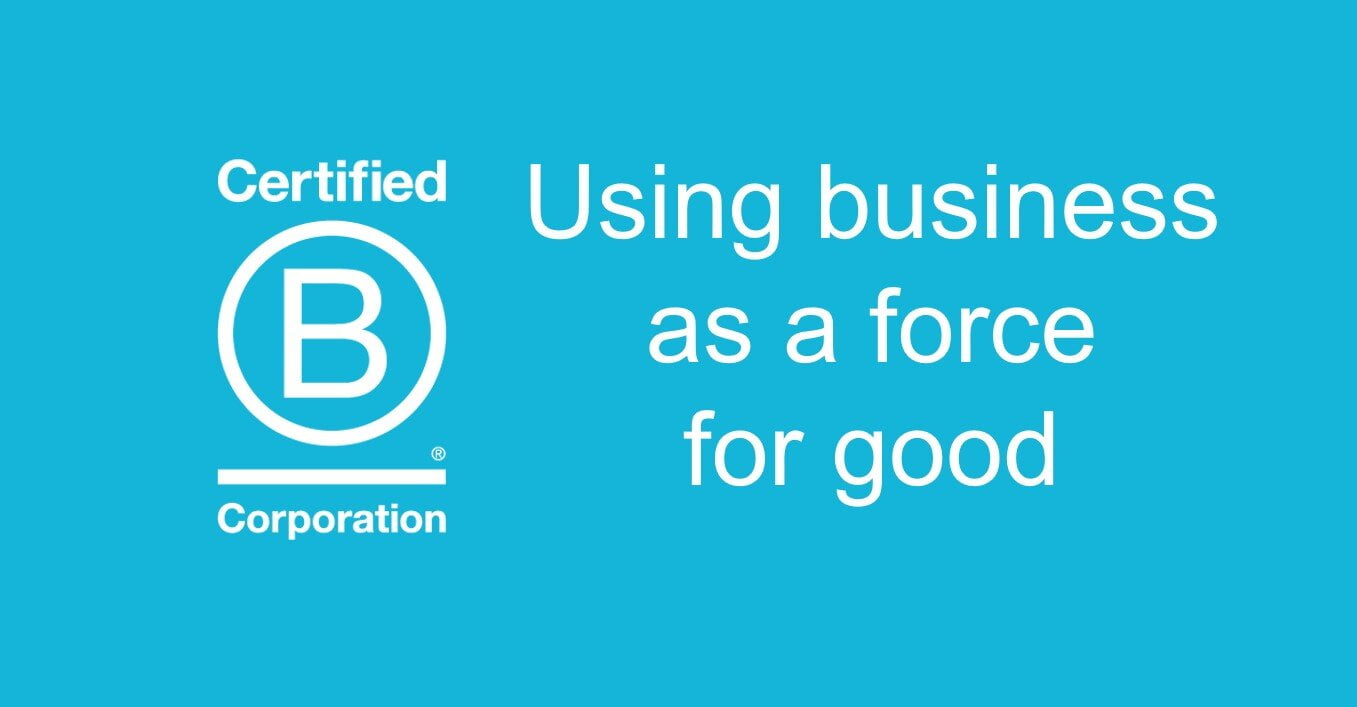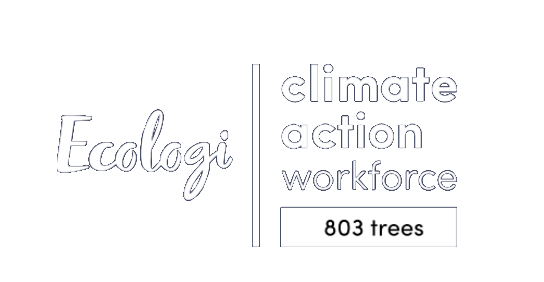After months of preparations, it has finally started. At the 2021 United Nations Climate Change Conference, there is already lots of talk about what’s on the agenda and what the possible outcomes of this forum might be.
The G7 summit earlier this year laid the groundwork for further discussions surrounding climate change and, at this upcoming conference, the onus is really on the more developed G20 nations to step up and take the lead in these crucial climate talks.
But, to truly understand what will be happening at this conference, it pays to go back to basics. Here’s everything you need to know about COP26…
What is COP26?
COP26 is the 26th annual global climate summit. These conferences have been taking place yearly for almost the past three decades – the first meeting being held in Berlin in 1995. The 2021 iteration is said to be the most anticipated, and perhaps even the most important, since 2015 (COP21) when the Paris Agreement was adopted.
COP stands for ‘Conference of the Parties’. ‘Parties’ refers to the countries that are signatories to the United Nations Framework Convention on Climate Change (UNFCCC). Ratified in 1992 and implemented in 1994, the UNFCCC is an environmental treaty that addresses the issue of climate change, with a particular focus on stabilising greenhouse gas concentrations in the atmosphere.
Who is hosting COP26? And who is attending?
The 26th UN Climate Change Conference will be hosted by the UK in partnership with Italy. Representatives from over 190 countries are expected to attend, making this the largest gathering of world leaders to ever assemble in Britain. Among these are British Prime Minister Boris Johnson, US President Joe Biden, French President Emmanuel Macron and Italian Prime Minister Mario Draghi.
Aside from heads of state, each UNFCCC signatory will send a cohort of delegates to represent the country in climate negotiations. It’s thought that around 30,000 delegates will be attending this two-week long event.
Various members of the Royal Family – including Prince Charles and Prince William – will also be there, along with environmental activists Sir David Attenborough and Greta Thunberg.
When and where is COP26 taking place?
COP26 was due to be held in November 2020 but, as a result of the COVID crisis, it was postponed until this year. It will now take place from 31 October to 12 November 2021.
The event will be delivered across two sites in Glasgow, Scotland. One site will be known as the Blue Zone and the other, the Green Zone. The Blue Zone will be a ‘UN-managed space’ in Glasgow’s Scottish Events Campus (SEC) where official negotiations will take place. The Green Zone, on the other hand, will be held in the Glasgow Science Centre and this space will be open to the public.
Why does COP26 matter?
COPs are important for a number of reasons, a major one being that they’re the only climate assembly where the opinions of developed and developing nations are held in equal regard. All 197 signatories of the UNFCCC must participate in order to reach a consensus, making this one of the fairest global climate events to take place each year.
COP26, in particular, has been highly anticipated since:
1. It’s the first opportunity world leaders will have to review and discuss their ‘nationally determined contributions’ (NDCs), that is, the actions they are taking to reduce carbon emissions. Under the Paris Agreement, countries must update and submit their NDCs every five years.
2. It’s the first COP to be held since the return of the US to the Paris Agreement. After withdrawing in 2019, Donald Trump did not attend COP25, though delegates from the US were still sent.
3. Many key questions and decisions were left unresolved in COP25. These discussions were expected to be carried over into the 2020 conference, however, the pandemic meant that things were further delayed.
What needs to be achieved at COP26?
If the 2030 goals are to be met, many people are in agreement that COP26 needs to bring about decisive action. The UK Government has decided on four goals that they are hoping countries will commit to, these are…
Securing global net zero by 2050
The Paris Agreement set a target to stabilise global temperatures and limit global warming to 1.5°C, compared to pre-industrial levels. COP26 discussions will likely focus on ways this can be achieved, such as:
• Accelerating the phase out of coal power
• Investing in clean, renewable energy sources
• Shifting to electric vehicles
• Reducing deforestation
Adapting to protect communities and natural habitats
The Government recognises that those who are most at risk from climate change are often those who have done the least to cause it. They have proposed the following solutions in order to protect vulnerable communities:
• Improving flood defences and early warning systems
• Restoring habitats to help form natural storm and flood defences
• Encouraging countries to produce an ‘Adaptation Communication’ which sets out what they are doing at home and overseas to adapt to climate change
Mobilising finance
Delivering on the first two goals relies on countries having the money and resources to make these changes. That’s why the third COP26 goal is for developed countries to ‘mobilise $100 billion every year in climate finance to support developing countries’.
In 2015, just ahead of the COP21 conference, the UK Government announced that it would spend at least £5.8 billion (between 2016 and 2021) on tackling climate change. Since then, the Government has promised to double its investment to at least £11.6 billion. This will be spread out over the next five years and will likely be reviewed/updated before the COP31 conference.
Working together to deliver
The final goal is all about collaboration. The UK Government hopes that all participating countries can reach an agreement on UN negotiations and finalise outstanding Paris Rulebook items. This includes:
• Agreeing on rules for an international carbon market
• Solving transparency issues by creating a system that pushes all countries to keep their climate promises
• Keeping the 1.5 degree limit within reach
If you enjoyed reading this article, head over to the COP26 website to find out more about the conference: https://ukcop26.org/
And, if you’re interested in learning about how your business can reduce its environmental impact, check out the Business On Purpose support page or send an email to: andy@businessonpurpose.uk







